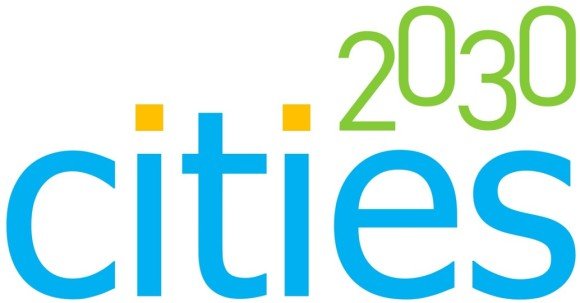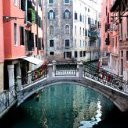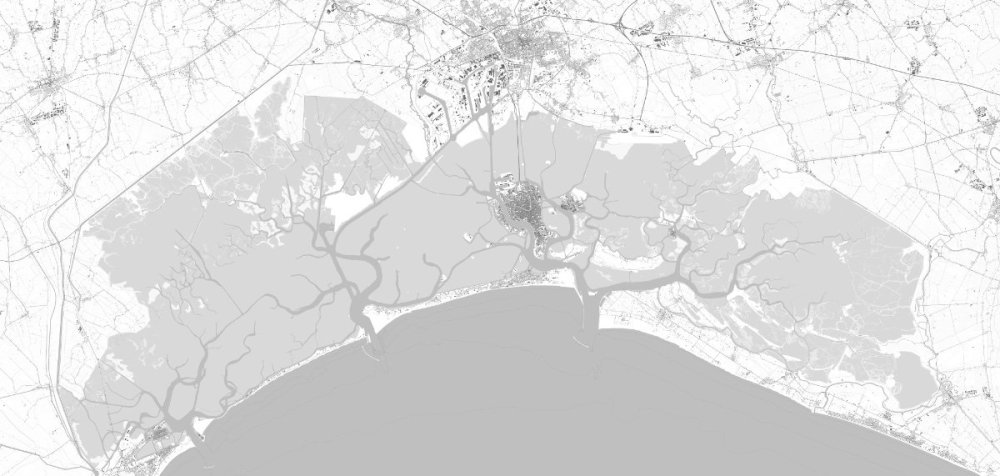Stories from the Lab
This page illustrates a selection of the activities and experiments developed within the Venice Lagoon Lab, within the activities of the CRFS ALLIANCE Work Package (cities’ empowerment and synergies) and the CRFS ANGELS Work Package (innovation, synergies and investment action).
1.Venezia Living Lab workshop 2022: Toward an Atlas, 26/06 - 09/07
The workshop invited participants to investigate the complex food system of the Venice Lagoon, with the aim of defining places, spaces, actors and flows and identifying a possible model of a 'food atlas' of this territorial context. It was held in collaboration with Ca' Foscari University (master's degree course in Environmental Humanities) in the spaces of M9 Museo del Novecento.





2. Public seminars "Cibo e laguna" 2022: 26/06 - 9/07
The CRFS Lab initiated a direct dialogue with various stakeholders in and involved with the food system. Not only farmers, fishermen and restaurateurs, but also journalists, artists and researchers. A programme of public events open to the city was organised through themed events: Fishing and lagoon; countryside and lagoon; illustrated lagoon; seeds and lagoon.


3. Public meeting @Lazzareto Nuovo: 09/10/2022
The event was hosted in the physical setting of the Lazzaretto Nuovo and in the cultural context of the Lazzaretti Veneziani association, which is developing a Laguna Laboratory to bring together experiences, studies, research and practices around the most relevant issues of the Venetian lagoon. The event was an opportunity to present the outcomes of the Food and Lagoon summer school to the citizens, and to involve new actors in the activities of the CRFS Lab, in particular, the signatories of the Wetland Contract for the Northern Lagoon of Venice (developed by Iuav thanks to an Interreg Italy-Croatia funding).


4. Venezia Living Lab, No-City Summer School 2023 "Towards a Food Atlas" : 25/08 - 02/09
From August 25 to 2 september, Iuav University, the Cities2030 project partners in Venice (Italy), will held the summer school entitled “Towards a food atlas”. The aim of the summer school is to get to know and read the food system of the Venice Lagoon, in order to identify a possible model for a Food Atlas of this territorial context. The summer school will be held in collaboration with the European inter-university network NO-CITY, which explores the socio-ecological consequences of planetary urbanisation.
The summer school is intended for students of all education, three-year and master's degrees, from European schools of architecture, but not only: we are having adhesions and interest also from teachers and students of environmental humanities, management, geography, design... it will be an opportunity to share a moment of discovery of the issues of food in a situated way and to explore remote and little known parts of the lagoon.


Photo 01 : Exploring the northern lagoon, the Cavallino-Treporti area and its relationship to the lagoon

Photo 02 : Meeting with the association Tocia! and the artist Giuseppe Abate, dinner and culinary and artistic performance entitled "Who did the kitchen cross the road?"

Photo 03 : Meeting with the Climact association in Cavallino-Treporti

Photo 04 : Final jury with local administrations (Gaetano Di Gregorio, Municipality of Cavallino Treporti), practitioners (Elena Longhin) and researchers (Sasha Gora).

Photo 05 : Collective dinner in the garden of Palazzo Badoer, Iuav
5. Exhibition “Cibo e paesaggio agrario” spatial explorations in the Vicenza territory, 11/11/2023 - 22/11/2023
The exhibition illustrate the outcomes of the City-Territory Course a.y. 2022/2023 Viviana Ferrario and Marta De Marchi at Iuav University. The exhibition is organised in collaboration between La Vigna Library and the Municipality of Vicenza, partner of the European project Horizon 2020, CITIES2030. It has been held at the International Library "La Vigna"in Palazzo Brusarosco Zaccaria in Vicenza.



6. Venice Lagoon Food Atlas is now online!
The Venice Lagoon Food Atlas is a multimedia platform that gathers information on the food system of the Venice Lagoon with the aim of understanding its scales, interrelationships, dysfunctions and potential. The Atlas was the main objective of the Venice Lagoon Lab, and its purpose is to raise awareness of the complexity of the lagoon food system, as well as to stimulate local stakeholders and knowledge providers to activate new Food Policies for the necessary food transition.
https://www.atlantecibolagunavenezia.it

.jpg.f3463f7775c915874acb2cb39874bb89.jpg.af3b9ea5d37b63878742edbeef4992d3.jpg)

